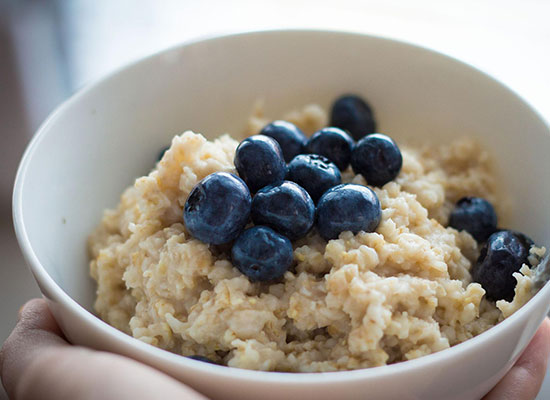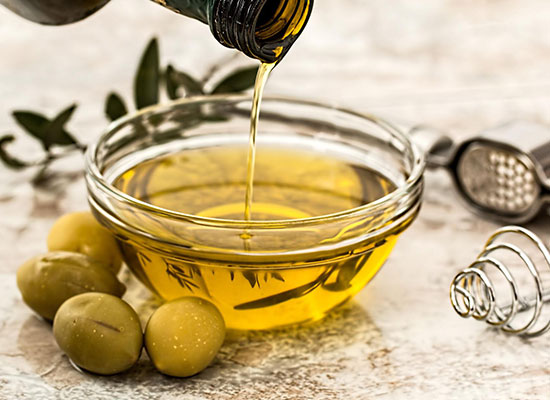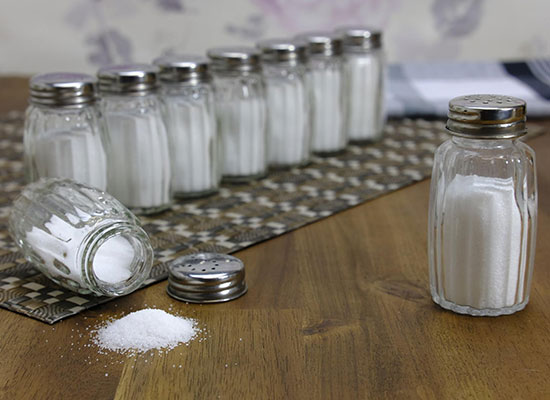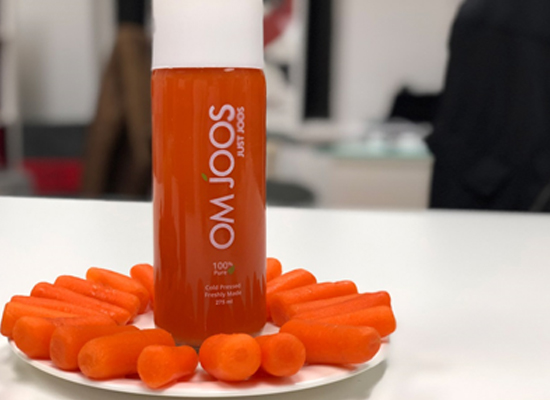Cholesterol is good because it is responsible to perform many bodily functions. However, the problem arises when there is too much of it in your blood and then this wax-like fatty substance starts sticking, blocking, or narrowing the arteries which can be life-threatening too.
High cholesterol levels can put our life in danger by causing health problems like difficulty in breathing, anxiety, and even life-threatening heart-related issues. This is why Nutritionists and health experts have been suggesting to keep the cholesterol level in check by taking a cholesterol-friendly diet to reduce the risk of LDL or “bad” cholesterol levels.
A well-balanced diet is a key to many health problems, fortunately for maintaining the cholesterol level too. So, after a tad bit of research we have come across with a dietary pattern that can be considered to get the ideal cholesterol level. When it comes to eating habits for healthy cholesterol, we will cover some of the many aspects of it. So keep on reading to know!
Start The Day With Oats

Start your day with a bowl of oats topped with blueberries or nuts, and you’re good to go. Whole grains especially oats are high in soluble fiber which makes them an ideal food to have as you start the day. Quinoa, barley, buckwheat, and millet are some other whole grains that are a good option to have in breakfast and keep cholesterol at a healthy range, mainly because of the soluble fiber they deliver.
Use Healthy Oils For Cooking

Keeping cholesterol levels and heart-healthy is to maintain the right balance of the daily diet. And, when we are talking about food, how can we miss the most crucial part of cooking i.e. oils. Oils never contain cholesterol but they do help to increase or decrease HDL or LDL levels. So, add multiple unsaturated fat-containing best cooking oils like Olive, Rice Bran, Canola, or Desi Ghee to boost good cholesterol. They also help in enhancing our immune system, bone health, and energy.
Always remember that moderation is key, just because the above-highlighted oils are healthier alternatives to refined ones, don’t use them in excess.
Cut Back On Sodium Intake

As per an article by Robert E Lending, MD – Consuming too much salt is associated with high levels of LDL cholesterol. Eating foods high in salt can also harm heart health. Therefore, it is necessary to keep a check on salt intake whether you add it while cooking or already present in the food you eat.
Processed food and beverages are high in salt besides sugar so cut back on their intake. Reduce your sodium level by choosing other healthy alternatives like spices, garlic, lemon juice, black pepper, and turmeric to give a unique flavor to the dish.
Eat Fruits & Vegetable For Snacking

By now, it’s pretty obvious that we all know the incredible benefits of eating fruits and vegetables. Fruits and vegetables are high in soluble fiber thus increasing the level of good cholesterol in your blood and reducing the absorption of bad LDL cholesterol. Verywell health has approved this fact too. Additionally, fruits and veggies make a heart-healthy choice because they are low in calories and fat.
Drink fresh juices if you are bored of eating seasonal fruits and vegetables the same way. Take a healthy homely balanced diet enriched with dark green veggies so that you can get the maximum benefits. You can also subscribe to an organic tiffin service like OMKITCHEN which have 100+ recipes to fulfill your daily food needs on a budget.
Stay Away From Sugary Beverages

If you drink soda regularly or quite often, this is a reminder for you all to put an end to this unhealthy addiction. Drinking a lot of sugary beverages impact cholesterol and heart according to WebMD, and it goes beyond and leads to many health issues like obesity, type-2 diabetes, cavities, fatigue, and so on.
However, having a sweet tooth is normal so you’re not alone if you crave something sweet after end of the meal. The only thing that you need to do is replace these highly unhealthy sweet foods with naturally sweet alternatives like fruits, fresh cold-pressed juices (cold-pressed because they are able to retain more nutrients over regular juices), dry fruits, coconut sugar, honey, jaggery, or Sweet potato. Try different quick recipes using the healthy ingredients using these sweet alternatives, you’ll surely start loving the taste.
Increase The Variety of Plant-based Food

To achieve an ideal cholesterol level, add more plant-based protein to your daily diet such as legumes, kidney beans, or tofu as a part of a regular diet. The best part is that you can cook different recipes with each of these ingredients. Red kidney soup with vegetables, toor dal, and tofu salad or tofu bhurji are some of the many delish options to try. They are a great source of soluble fiber and also keep you full for longer thus curbing unnecessary cravings and aids in weight management.
Limit Alcohol Consumption

If you want to drink alcohol and want to keep cholesterol at an ideal range, then we would like to bring light to your imagination that it is not possible! Don’t believe? Well, now you will!
According to the American Heart Association (AHA)- “Being overweight increases the risk of high cholesterol level by increasing LDL cholesterol levels and decreasing HDL cholesterol levels.
Consumption of alcohol is directly linked to weight gain because alcohol is high in calories. Being overweight impact HDL cholesterol level and raise LDL level. The effect of alcohol on overall health is already a popular concern for years and keeping cholesterol at a certain range will be challenging if you continue to drink in moderation or quite often.
Final Thoughts
When it comes to eating healthy, the thing you need to remember is that you need to keep your approach simple. Start by planning your day and put more attention to what you will be eating and when.
Of course, you need to make a conscious effort to eat the meals you have packed and stick to this healthy routine of healthy eating and living which can actually make a big difference.
Disclaimer: The above mentioned eating habits may not be guaranteed to work for everyone. We recommend you to talk with a trusted healthcare professional if you continue to have imbalanced cholesterol levels.

